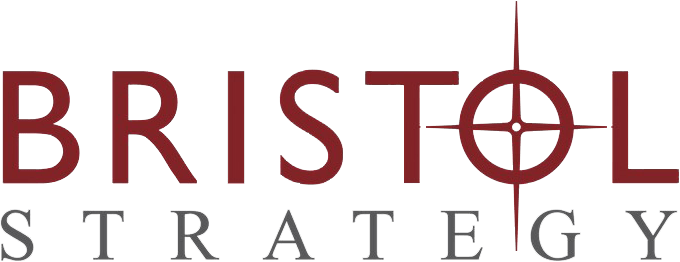When you’re fundraising, are you in charge or is your prospect? It might surprise you to know that lots of people who raise money (or are supposed to, anyway) are crippled by “Ask Reluctance.” And one reason is that they let their prospective funders be in charge of the process.
The truth is that YOU, the person cultivating the prospect, are in charge of the interactions. YOU own the agenda. YOU know the goals and objectives. YOU ‘get’ the mission, programs, impact, value proposition of your agency, and you know those things a whole lot better than your prospective funder does. It’s really YOUR job to engage the prospect, ask probing questions that reveal how well the prospect matches your ideal-donor profile, figure out what the prospect’s charitable motivations and philosophy are all about. And finally, it’s your job to recommend the size and type of gift you’d like this prospect to provide.
Ages ago, I realized that I wasn’t so great at networking in a big crowd, so I started to act like a host, instead of a guest. What a difference! It works the same way when you’re raising money. If you wait for the prospect to take charge, you won’t always get where you want to go, it won’t necessarily happen as fast as you’d like, and you might not get as much money as you might otherwise. You need to be in charge of the ‘agenda’ of the relationship. You will always want to show all possible deference, etiquette and politeness. But it’s up to you to know your objectives, understand your mission, and value your time as much as you value the prospect.
Here are a few tips to help you take the leadership role in fundraising:
- Know the answers you’re looking for, so you can ask the right questions.
- Understand the milestones of the cultivating process, so you always know what to do next.
- Figure out EARLY if the prospect justifies continued effort of cultivation. If not, don’t continue to invest much time.
- Know what it takes to cultivate not just a gift, but a long-term relationship.
Why don’t you try it yourself? I promise you, you’ll find yourself much more comfortable with this approach, than you will if you go out the door worrying that the prospect might not “like” you, or your mission or programs. If they don’t offer you a decent return on your time and effort, they’re probably not a good candidate anyway. The more leader-like you make your approach, the more comfortable they’ll be with you, even if they’re not right for you fundraising efforts.
PS: As ofo this month, BSG is now an Approved CFRE Provider of Continuing Education! And my article Why Your Best Funders Support You was chosen for the AFP Information Exchange. Download your own copy here.

